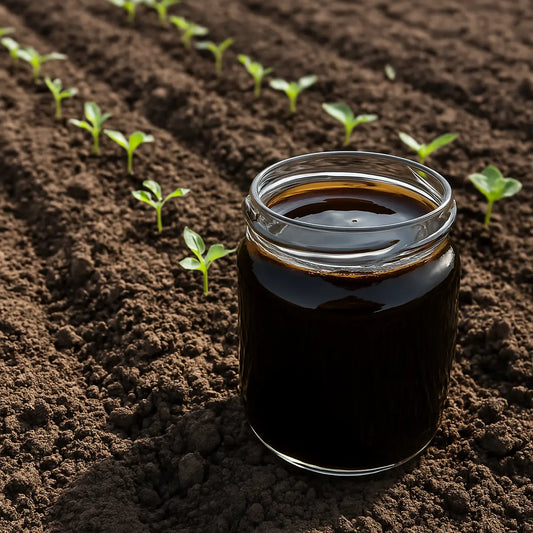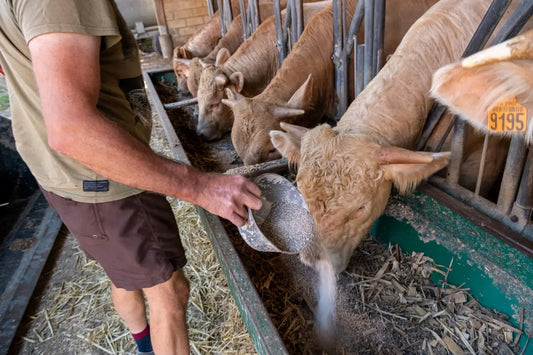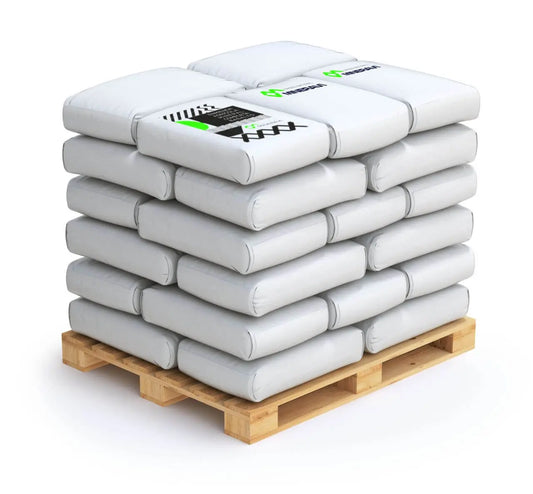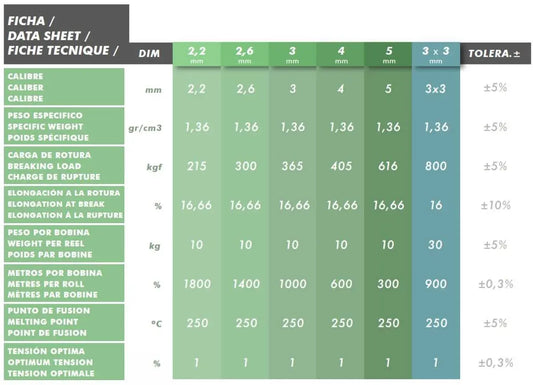No he podido todavía comprobar la eficacia. Es muy pronto. En 2 meses escribiré de nuevo. La entrega fue rapidísima. Me lo entraron a casa con un palet. Todo muy bien empaquetado y protegido. Sin duda volveré a recurrir a vosotros para la compra de mis sustratos y fertilizantes.
Collection: Cattle raising
In livestock, various minerals are used to ensure the health and well-being of animals, as well as to optimize the production and quality of derived products. These minerals are essential for the growth, development and function of the organism of animals. Some of the most common minerals found in livestock include:
-
Calcium (Ca): Essential for the development and maintenance of bones and teeth, blood clotting and muscle contraction. It is especially important in animals that are growing, pregnant and in milk production.
Phosphorus (P): Along with calcium, it participates in the formation of bones and teeth, and is also involved in energy production and protein synthesis.
Magnesium (Mg): Contributes to the functioning of the nervous and muscular systems, protein synthesis and the balance of calcium and phosphorus in the body.
Potassium (K): Participates in the regulation of water balance, muscle contraction and maintenance of acid-base balance.
Sodium (Na): Helps maintain the body's water balance and electrolyte balance, and is essential for the functioning of the nervous and muscular systems.
Chlorine (Cl): It works together with sodium in the regulation of water balance and electrolyte balance, and is necessary for the production of hydrochloric acid in the stomach.
Sulfur (S): Present in some proteins and in the synthesis of essential amino acids, such as methionine and cysteine.
Cobalt (Co): Essential for the synthesis of vitamin B12, which participates in the production of red blood cells and in the metabolization of nutrients.
Copper (Cu): Involved in the synthesis of hemoglobin, the formation of connective tissue, iron metabolism and the production of melanin.
Iron (Fe): Necessary for the synthesis of hemoglobin, which carries oxygen to the cells and tissues of the body.
Manganese (Mn): Participates in the synthesis of cartilage and bones, in reproduction and in the metabolism of fats and carbohydrates.
Selenium (Se): Works together with vitamin E as an antioxidant, protecting cells from free radicals and supporting the immune system.
Zinc (Zn): Essential for growth, reproduction, wound healing and immune function, as well as being involved in the synthesis of proteins and nucleic acids.
Minerals can be supplied to animals through feed, drinking water or through supplements such as mineral salts and lick blocks. It is important to maintain a proper balance of minerals in your animals' diet.
-

 Offer
OfferSilica Sand Filtration
regular price A partir de R 126.00 ZARregular priceUnit price / perR 5,006.00 ZAROffer price A partir de R 126.00 ZAROffer -
Cane molasses - food and agriculture
regular price A partir de R 290.00 ZARregular priceUnit price / per -
Bentonita Calcica Food
regular price A partir de R 290.00 ZARregular priceUnit price / per -
Calcium sulfate for food
regular price A partir de R 199.00 ZARregular priceUnit price / per -
Agricultural Polyester Cable
regular price A partir de R 1,145.00 ZARregular priceUnit price / per
Subscribe to our emails
Discover how technical minerals can transform your company.










